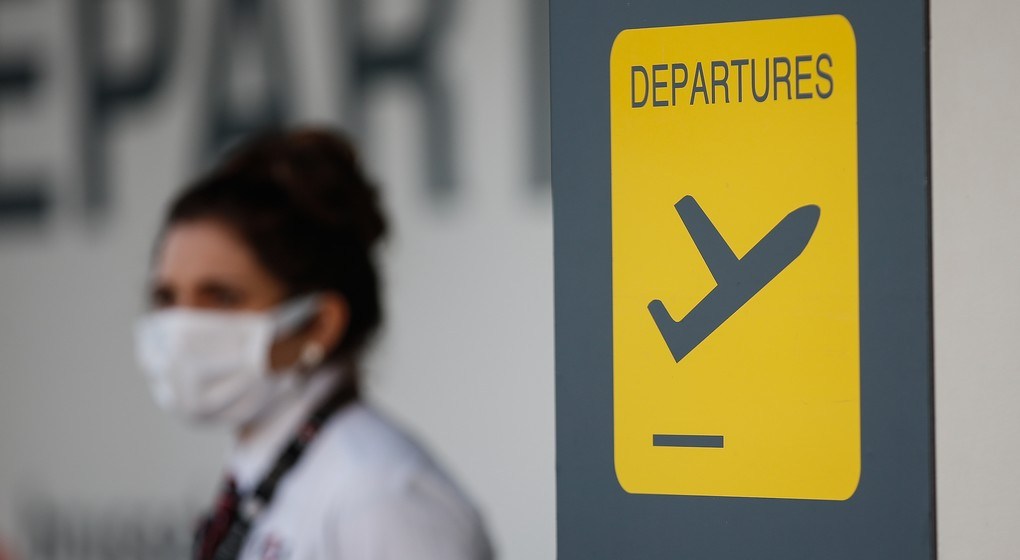Belgium's colour-coding of regions in the EU to determine whether or not travellers can go there has resulted in a lot of questions, especially about what the consequences are of going to an orange zone.
Orange zones are considered “high risk” areas, and Belgium advises strongly against travelling to these zones, based on objective epidemiological criteria. But there is no formal travel ban, and people are still free to leave if they want. Currently, no areas have been marked orange yet.
When they return, they will be asked to make a doctor's appointment to get tested, and quarantine until they know the result. When people ignore the request, however, there is no way to punish them.
What if an orange zone turns red when you are there?
"As there is no official travel advice against going to 'orange' zones, people who need help can count on us," Danny Smagghe, spokesperson for travel assistance company Touring, told The Brussels Times. "When people go to red zones, however, we will not intervene," he added.
"Of course, when an orange zone suddenly turns red, we try to help as much as we can but we have to take into account the local measures that the authorities implemented as well," Smagghe said.
"But in principle, where we can, we are going to help make sure travellers can leave," he said, adding that people can call for medical or travel assistance until 48 hours after the implementation of a red zone.
Related News
- Belgium confirms banned travel locations in Spain and Portugal
- TUI suspends flights to Lisbon until August
- Belgium enacts quarantine for returnees from EU's infected zones
Can you still fly to a red zone?
Red zones do not automatically mean that flights will get cancelled.
"Red zones mean that non-essential travel is not allowed for those areas, but that does not mean that we are not allowed to fly, also taking into account that we have non-Belgians on board," Wencke Lemmes, spokesperson for Brussels Airlines, told The Brussels Times.
"Lisbon, for example, was one of the destinations for which there was a lot of demand over the past few weeks and days, so those flights are full," said Lemmes. "Depending on the demand, things might still change, but for the moment, those flights will not be cancelled," she added.
"Passengers on a flight to Lisbon are not necessarily going to Lisbon," Lemmes said, adding that they could go to other regions in Portugal as well.
However, as Smagghe said, travel assistance will likely not help you if you knowingly went to a red zone.
Can you still travel with a tour operator?
Several tour operators have already raised concerns about orange zones, saying that is unclear what should happen to organised trips.
Tim Van den Bergh of Sunweb compared with the Netherlands. "There they also work with colour codes, but it is clear what they mean exactly. Code orange there means travel advice against going. In that case, we will not let the holidaymakers leave for that region," he added.
"At code red, we will take immediate measures and will not send any tourists there," said TUI spokesperson Piet Demeyere. In the meantime, the organisation announced it would suspend its flights to Lisbon until August. "But what about orange?"
Can you get your money back?
Travellers who no longer want to go to a zone that has been marked red or orange can always rebook their flights, according to Lemmes, as the airline is working with flexible tickets during the coronavirus crisis.
"However, refunds are only possible if the flights get cancelled by us," she said, clarifying that even travellers going to red zones will not get their money back if they change their minds.
Maïthé Chini
The Brussels Times

